Who was Vel Phillips?
Last spring, the school board voted in favor of our school’s name change from James Madison Memorial to Vel Phillips Memorial. So who was Vel Phillips, and why is it important to celebrate her legacy?
August 6, 2022
Living as an African American woman in the mid-1900s was extremely challenging. From being prohibited from entering a segregated church to being denied work, Velma Phillips faced the brunt of systemic racism. Born on February 18, 1924, Phillips grew up in South Milwaukee. As a high school student, she won a scholarship at an oratorical competition and chose to attend Howard University in Washington D.C; later, she graduated from the Law School of UW-Madison.
She became heavily involved in civil rights after noticing that the Milwaukee City council was neglecting the infrastructure in Milwaukee neighborhoods that consisted predominantly of African Americans. Furthermore, African Americans were not allowed to buy houses in other parts of the city. Phillips saw that this was wrong and immediately took action. She first ran for the Milwaukee Public School’s school board and the Milwaukee city council, and although she initially lost both elections, she never gave up on her quest for equality. In 1956, Phillips was elected to the city council, becoming the first woman and African American to do so. The newspapers had a big story about what her title would be – was “alderwoman” the right word in the context of this shocking situation? Eventually, the newspaper settled on “Madame Alderman”. Phillips later joked in a 2019 PBS documentary, “They hardly ever did it…but I was glad. I just wanted to be an alderman.”
Being an alderman wasn’t easy. She faced discrimination from many of her co-aldermen, who refused to share an office with her because she was an African American woman. In response, Phillips said, “Just put me by myself. If they don’t want to be with me, I sure as hell don’t want to be with them.” Furthermore, many of the aldermen tried to convince her to join the Alderman’s Wives Club rather than serve on the council.
Six years later after her election, she proposed the Fair Housing Act, which would allow everybody, regardless of their race, to have fair rights to housing, including getting a mortgage, buying houses, and seeking housing assistance. It took six more years for the act to finally pass into law – and part of the effort included 200 nights of protests led by none other than Vel Phillips herself.
In 1971, Phillips became the first female judge in Milwaukee and the first African American judge in Wisconsin. She made history yet again in 1978, becoming the first non-white and first woman to serve as Wisconsin Secretary of State. In later life, she was named “Distinguished Professor of Law” for Marquette University and served on the board of the America’s Black Holocaust Museum. She was an active member of the community even at old age and started the Vel Phillips Foundation – an organization with the goal of establishing equal opportunities for minorities through education and housing.
More Information:
https://uwm.edu/marchonmilwaukee/keyterms/phillips-vel/
https://www.thehistorymakers.org/biography/vel-phillips-41
https://wisconsin.pbslearningmedia.org/collection/vel-phillips-dream-big-dreams/
Bibliography:
“Vel Phillips.” Wisconsin in History, www.wisconsinhistory.org/Records/Article/CS14781. Accessed 6 Aug. 2022.
Early, Rosalind, editor. “Vel Phillips Knocked down Racial and Gender Barriers in Wisconsin.” National Endowment for the Humanities, edited by Rosalind Early, 36th ed., version 4, July 2015, www.neh.gov/humanities/2015/julyaugust/statement/vel-phillips-knocked-down-racial-and-gender-barriers-in-wiscons. Accessed 6 Aug. 2022.
“Vel Phillips.” Wikipedia, Wikimedia Foundation, 25 July 2022, https://en.wikipedia.org/wiki/Vel_Phillips.












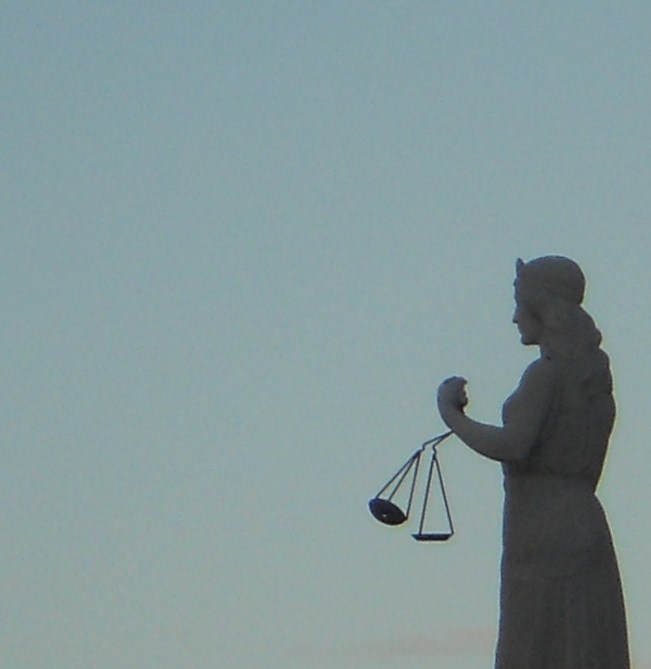
















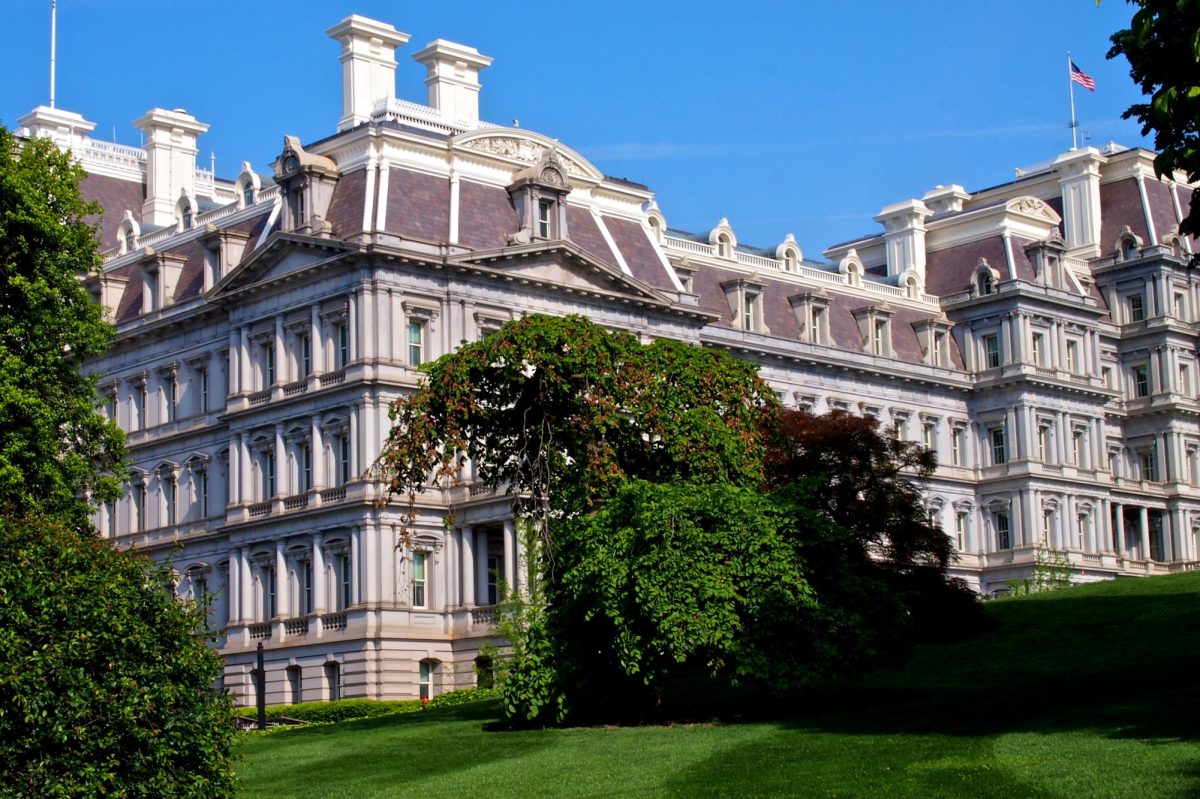
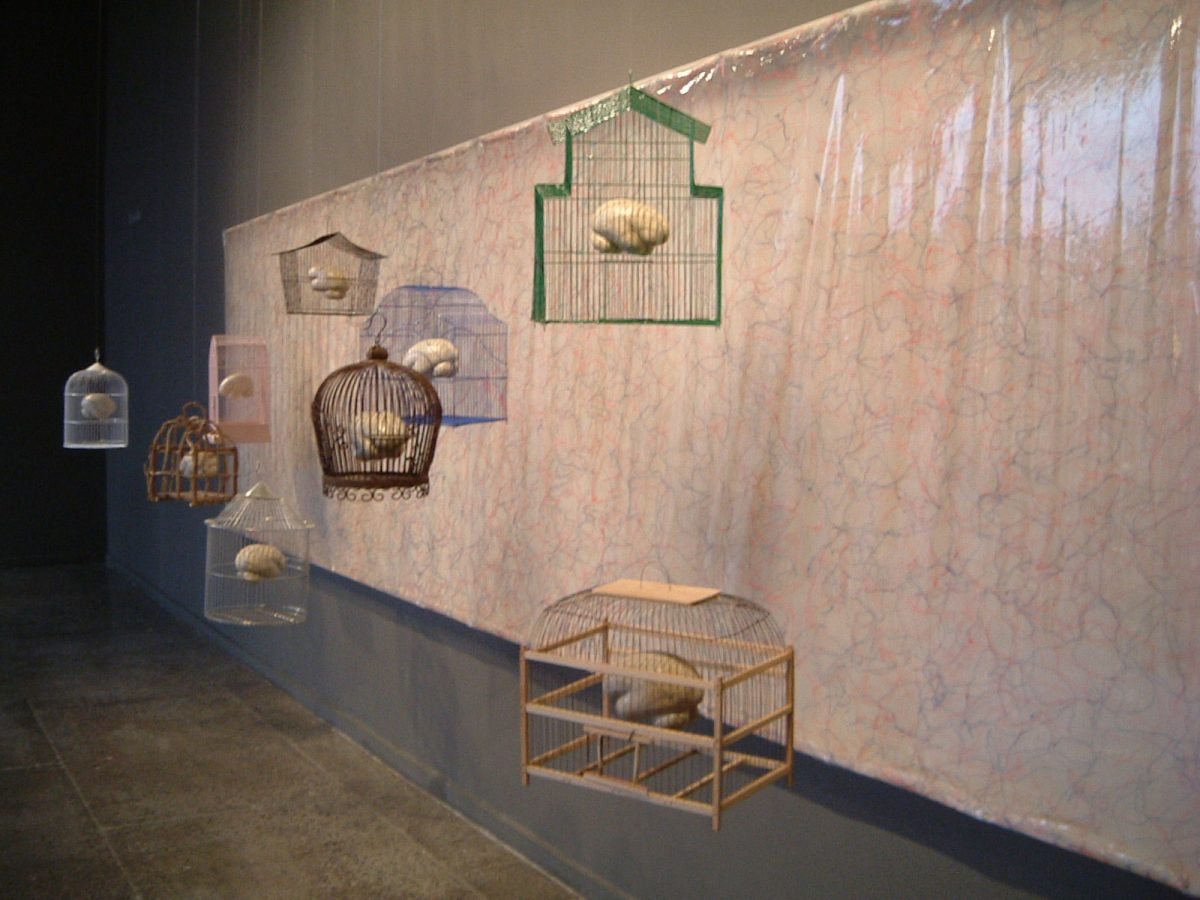
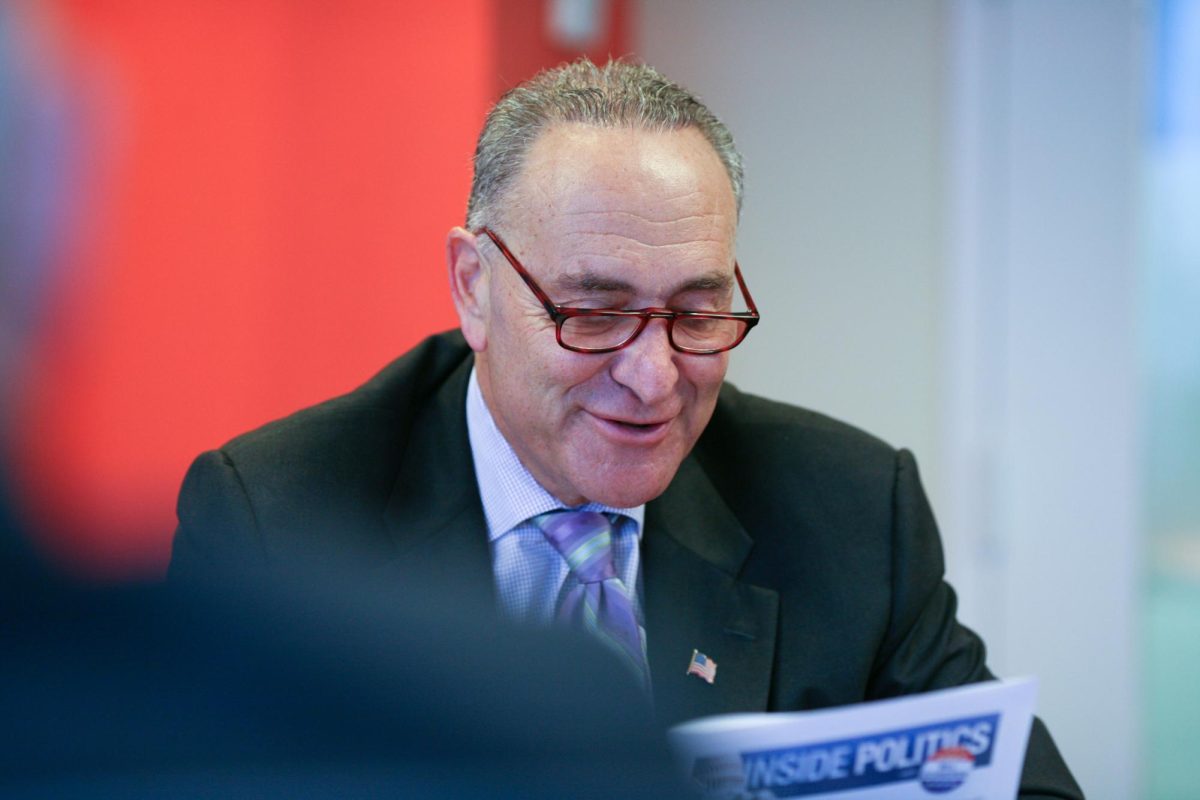






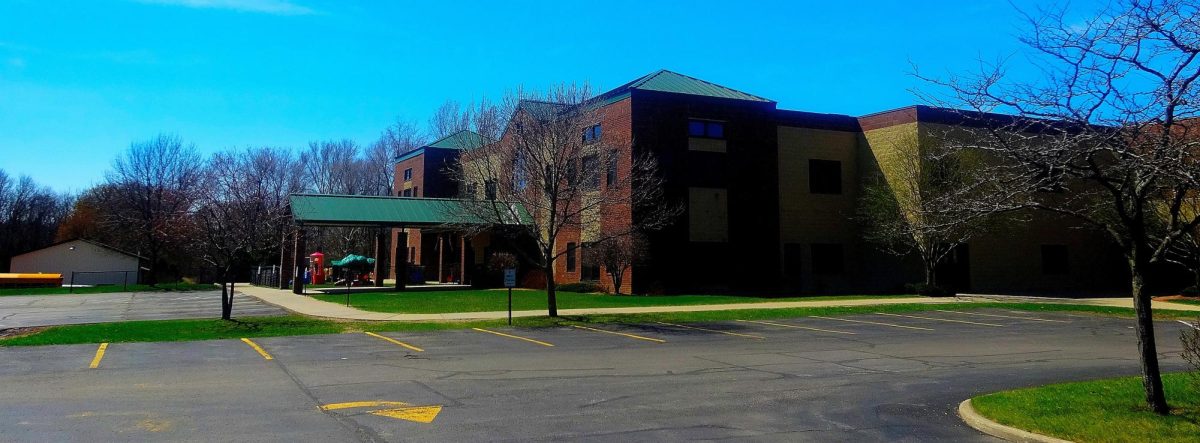
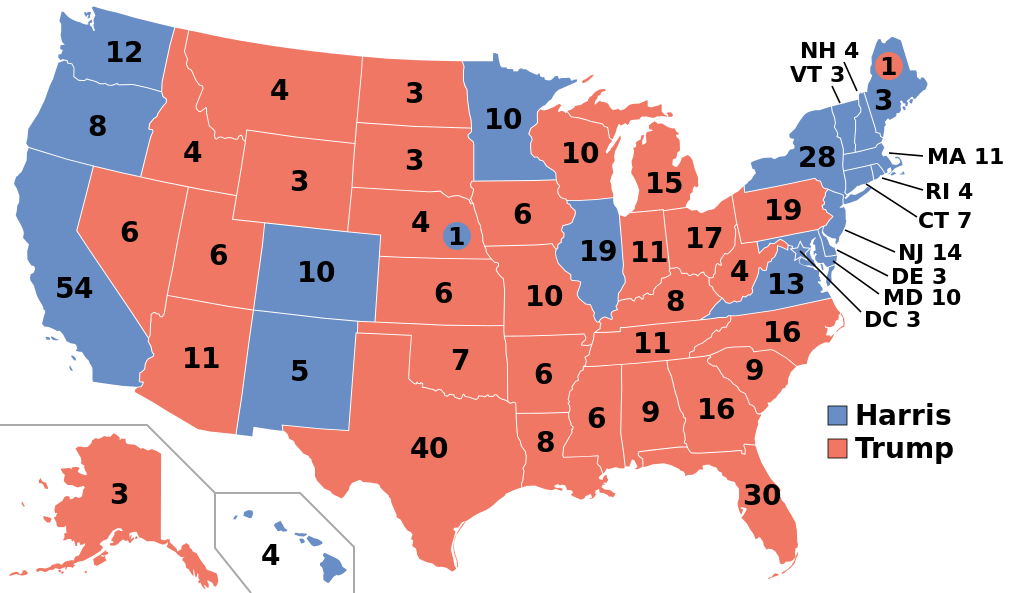
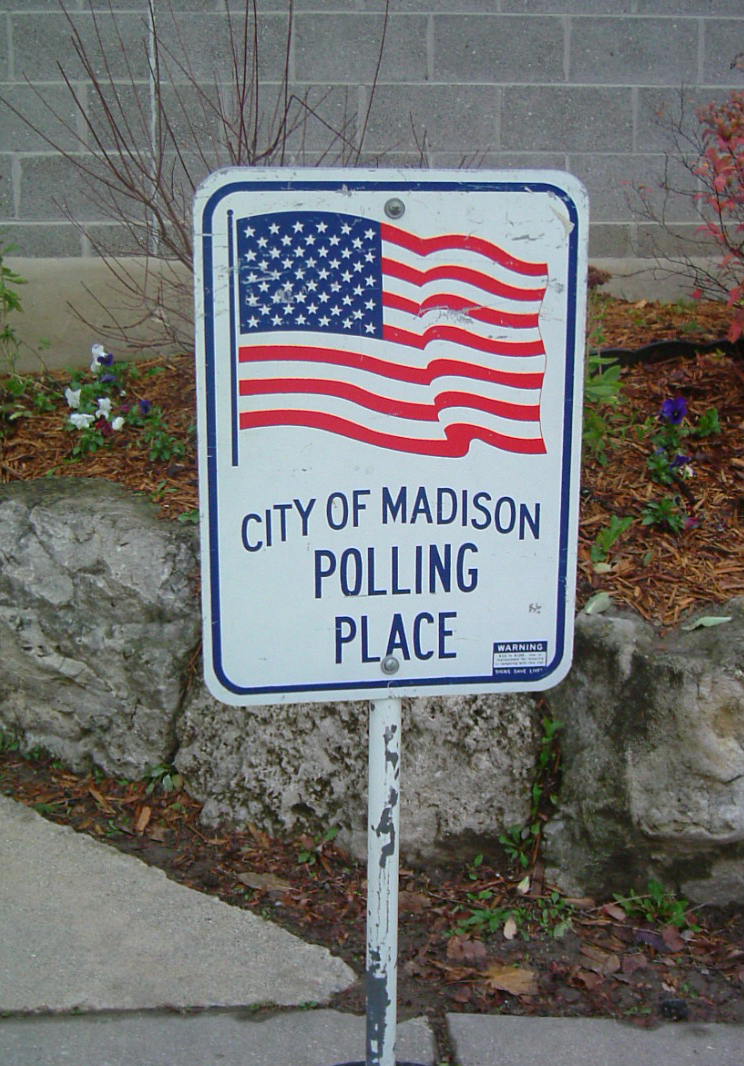
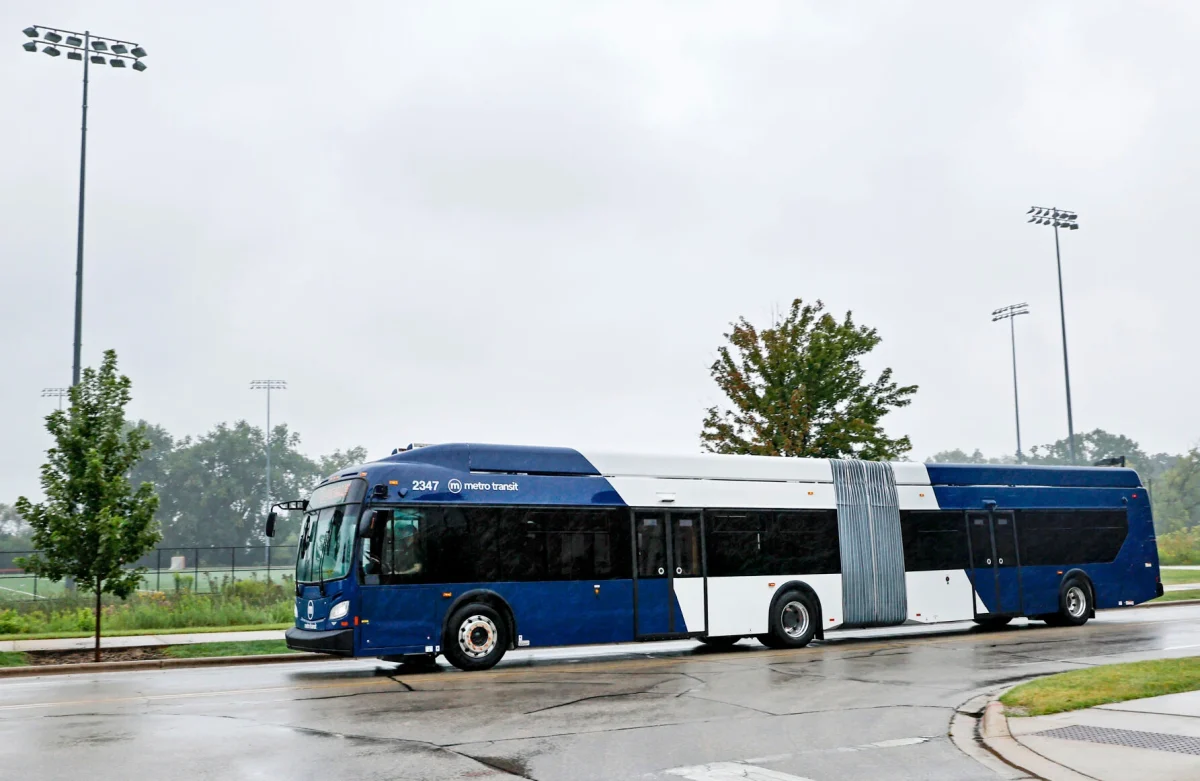









Mari L Engberg • Jul 12, 2023 at 9:06 pm
Beautiful. Thank you